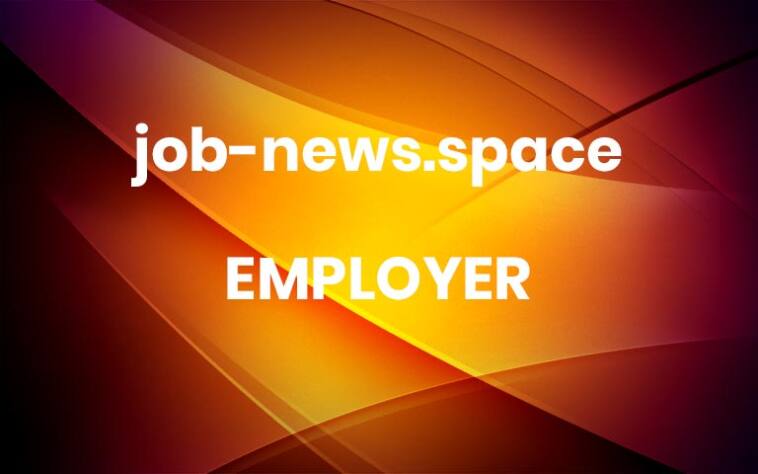From Data to Success: Experian’s ROI Journey with the Employer Brand Index
At Link Humans, we’re always eager to delve into anything data-related. In this context, we had the privilege of chatting with Doug Kelsall, Global Recruitment Marketer and Branding Director at Experian, about the pivotal role the Employer Brand Index (EBI) plays in helping them gauge Return on Investment (ROI).
In this edition of the Employer Branding Podcast, Kelsall sheds light on why Experian’s Employee Value Proposition (EVP) activation is an ongoing project and how the EBI serves as the cornerstone for their ROI assessment.
EVP Tailored for Employee Engagement
As the world’s foremost global information services company, Experian navigates diverse markets. It is known as a B2C entity in North America for consumer credit reporting and a B2B specialist in data analytics across Asia. The challenge lies in crafting an EVP that bridges these disparate perceptions while positioning Experian as an attractive destination for top tech talent.
Kelsall emphasizes, “Our employer brand is designed to carry the load in talent attraction and brand awareness,” focusing on real employee stories and moments. Their EVP concentrates on employee engagement and the values crucial to their workforce.
Evolving EVP Activation
Experian’s EVP centers around four pillars: People first, Force for good, Innovate, and Together we win. Kelsall identifies “People first” and “Force for good” as the most popular among employees, reflecting the company’s genuine commitment to culture. He highlights the latter, “Force for good,” as a testament to Experian’s impactful work driving financial inclusion.
Mapping the EVP across 16 employee lifecycle stages, from attraction to development, poses a substantial challenge. EVP activation is an ongoing process of refinement, aligning various materials, such as job postings and training materials, to ensure consistency.
ROI Measurement through the EBI
The tangible results are evident, with Experian reporting a record number of applications last year. Now, the focus is on elevating candidate quality and passive talent attraction. Kelsall relies on various accreditations and awards, including Fortune’s “100 Best Companies to Work For” and the CCLA Corporate Mental Health Benchmark. Additionally, Experian turns to Link Humans’ Employer Brand Index, a data-driven external evaluation, to measure success and prove the ROI on employer brand.
These metrics form the foundation of a comprehensive monthly employer branding newsletter, reaching all of HR and beyond. Experian’s CEO has discussed their successful Glassdoor strategy with investors, indicating the increasing importance of employer brand in the company’s future.
Insights and Tips from Kelsall
For a deeper dive into Experian’s employer brand strategy, listeners are encouraged to explore the podcast. Kelsall offers valuable advice for employer brand professionals, emphasizing the power of collaboration and diversity within the team. He underscores the importance of consistency, stating that it outperforms sporadic moments of brilliance. Maintaining a candidate-centric approach consistently across platforms is key to success.
Given the awards and metrics, it’s evident that Experian is making significant strides in the realm of employer branding. For those interested in Doug Kelsall’s work, connecting with him on LinkedIn is recommended. To measure your employer brand’s effectiveness, the Employer Brand Index, with its 16 key attributes, provides valuable insights for industry comparison.
Share this post: More



